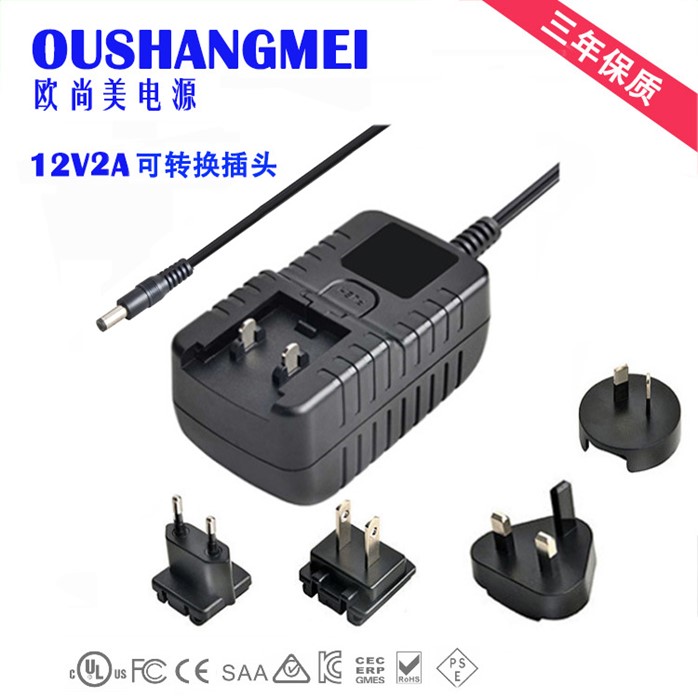While it may be a nice dream to own and run a business without ever having to deal with legal issues, this is rarely the case.
Business law encompasses all laws that dictate how to form and run a business. This includes all laws governing starting, buying, managing, and closing or selling any type of business. Any violations of these laws can result in a business lawsuit.
The most common types of business lawsuits involve a breach of contract, tortious interference, employment disputes, and intellectual property rights.
Knowing the different types of lawsuits that can arise from running a business is important so that you can take measures to protect yourself.
This article discusses the most common types of business lawsuits in detail. Read on to find out everything you need to know.
- Breach of Contract
Every business with employees, vendors, customers, or any other contractual relationship is subject to the risk of a breach of contract lawsuit. This type of lawsuit arises when either party fails to fulfill their end of a legal agreement.
Breach of contract lawsuits can involve disputes between two parties over various aspects such as quality, payment, and delivery time frames. In some cases, the breach of contract lawsuit can also involve allegations of fraud or misrepresentation.
A breach of contract may result in a lawsuit that requires the business owner to offer monetary compensation or other damages for the losses suffered. The business owner must decide which path to take when faced with a breach of contract lawsuit.
- Tortious Interference
Tortious interference occurs when a third party deliberately interferes in a contract between two parties, resulting in harm to either or both. This type of business lawsuit may involve malicious conduct such as fraud or misrepresentation, unfair competition, and unjustly interfering in contractual relations.
Businesses might also face tortious interference lawsuits if a third party uses confidential information or trade secrets acquired from the company to gain an unfair competitive advantage.
In such cases, the business can seek damages and even obtain injunctions against the third party’s activities.
- Employment Disputes
As a business owner, your primary focus is to ensure your business remains profitable. However, this can be challenging if you are dealing with employment disputes.
Employment disputes often arise from disagreements or misunderstandings between employers and employees over wages, hours of work, benefits, and other conditions of employment. These disputes may involve allegations of discrimination or wrongful termination.
In such cases, the business owner must carefully consider all the options available to them before taking any legal action. Business owners should also ensure that they understand their rights under applicable employment laws and regulations.
Employment disputes can take a significant amount of time to resolve. Therefore, you need to do everything possible to decrease the likelihood of any issues arising that could lead to a lawsuit in the first place.
One of the things you can do to avoid dealing with employment disputes is to hire an experienced business lawyer to review your employment practices and policies. This will ensure your business complies with all applicable laws and regulations.
- Intellectual Property Rights
As a business owner, you need to be aware of the different types of intellectual property and how to protect them. Intellectual property includes copyrights, trademarks, patents, and trade secrets. These can all be used to protect the valuable ideas and products your business produces.
Businesses may face lawsuits from competitors, customers, or third parties who allege they have infringed upon their intellectual property rights.
In such cases, the business owner will need to prove either that they did not, in fact, violate any of the other party’s rights, or that the other party did not suffer any damages as a result.
In some cases, businesses may also need to seek injunctive relief to prevent the infringement from continuing. Therefore, it is important for business owners to be aware of their intellectual property rights and how to protect them.
- Partnership Disputes
No business can survive independently, and partnerships can be a great way for businesses to achieve their goals. But even the best partnerships can result in disputes if one or both partners are not getting what they expect from the relationship.
Partnership disputes usually involve disagreements over how profits should be shared, who is responsible for certain tasks or decisions, or other matters related to the partnership agreement. In such cases, the business owners may need to seek legal advice to resolve the dispute.
The first step is for the parties to devise a solution through negotiation or mediation. However, if negotiations fail, one or both partners may file a lawsuit against the other partner.
In such cases, the court may require that the parties return to the terms of their original agreement or decide on a new arrangement for the partnership.
Ultimately, it is important for business owners to have clear and well-drafted partnership agreements in place to avoid any disputes from arising in the first place.
Summary
Businesses can protect themselves from lawsuits by understanding the most common types of business lawsuits and taking preventative measures.
If you are ever involved in a business dispute, it is important to seek legal counsel right away. The attorneys at our firm are experienced in all areas of business law and are ready to help you resolve your case quickly and fairly.
Have you been involved in a business lawsuit? What type of suit was it?





